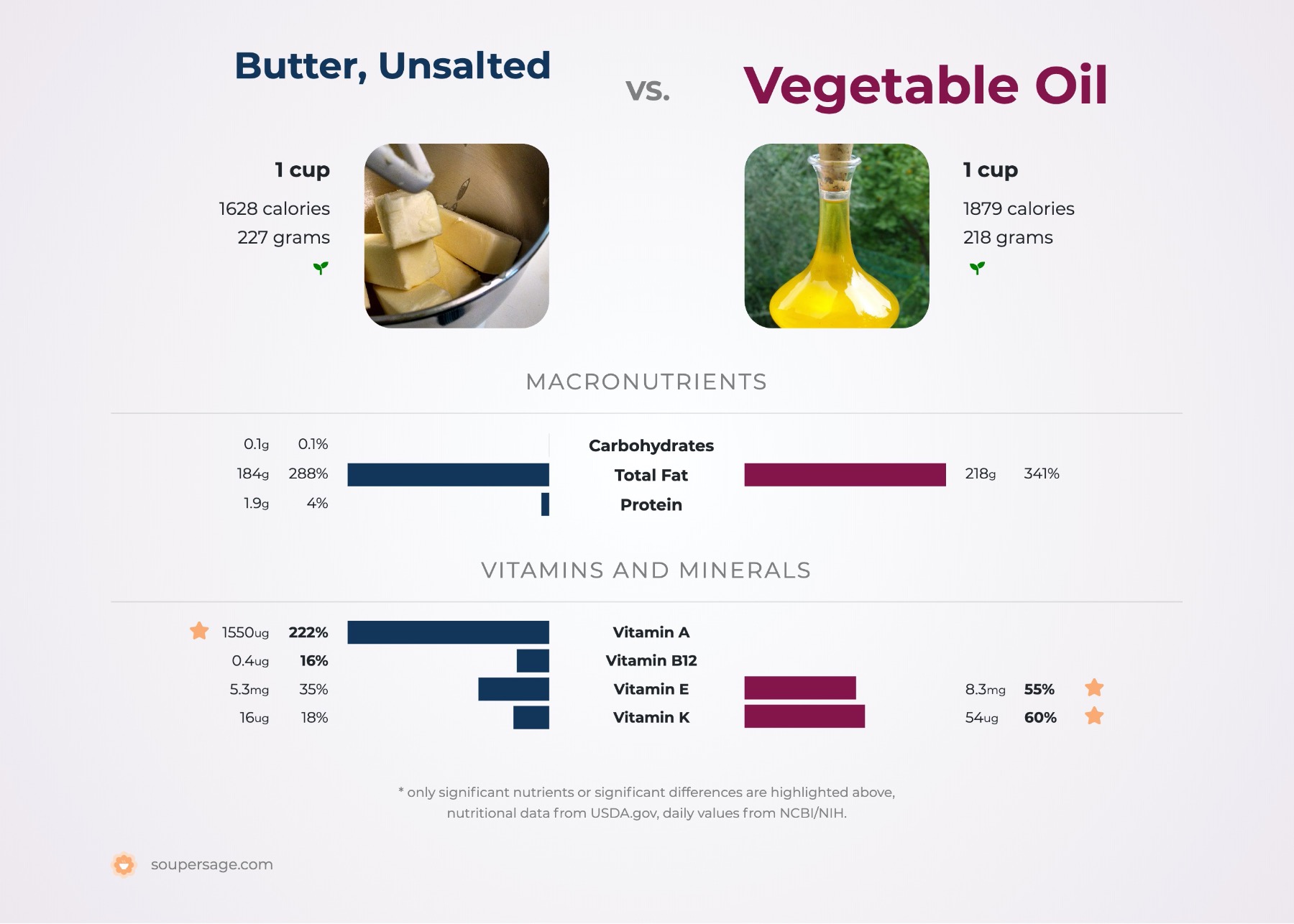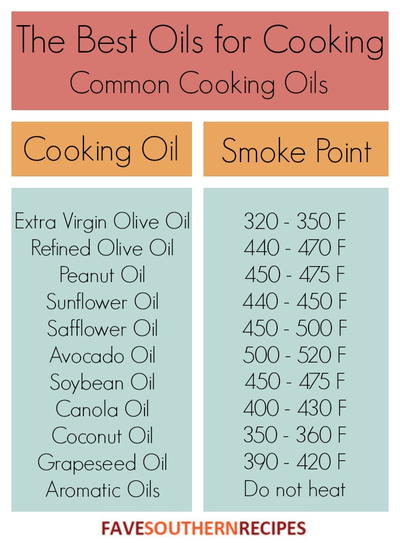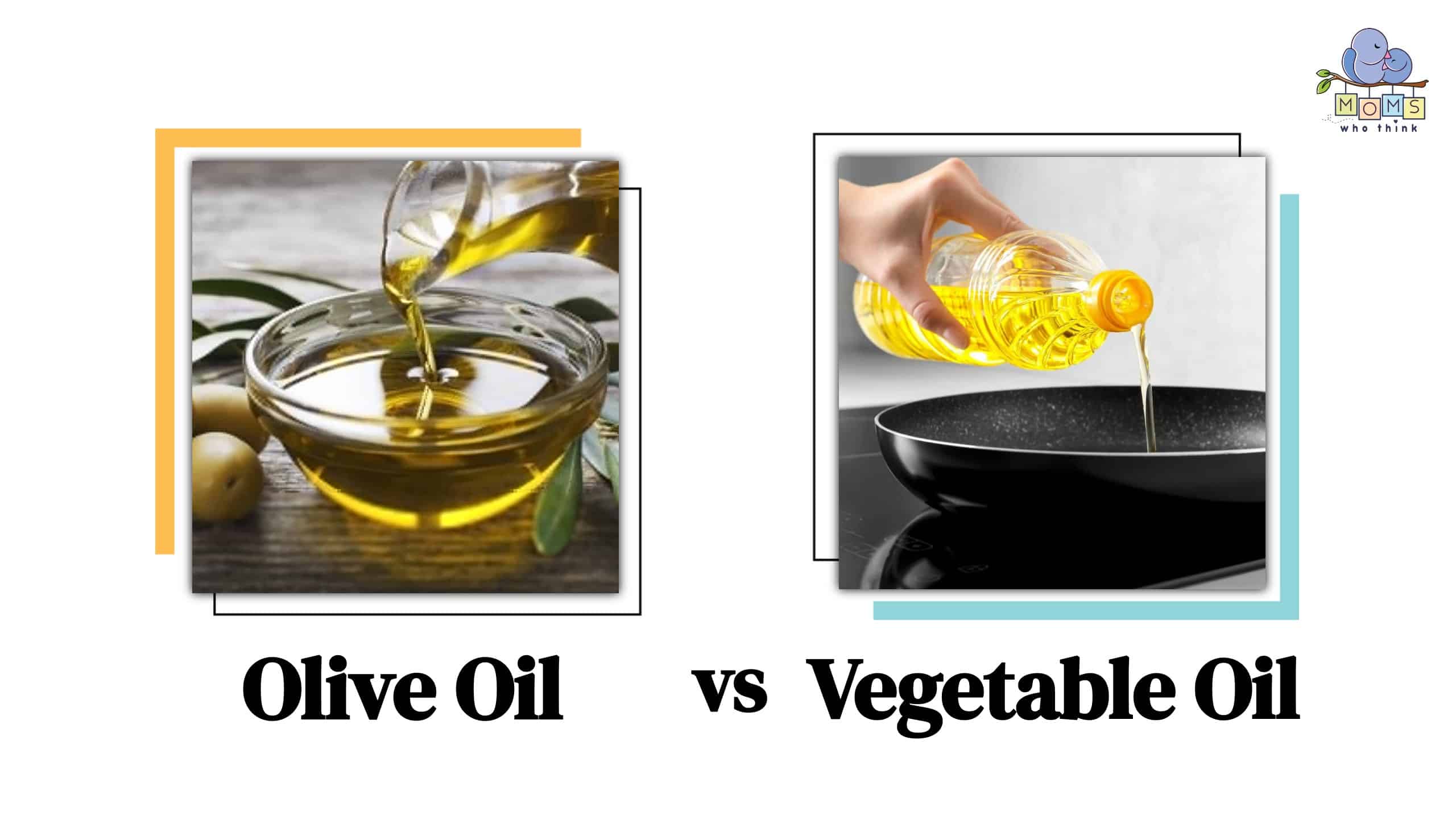Nutritional Value Comparison

When it comes to comparing the nutritional value of sunflower oil and vegetable oil, both options offer a similar calorie content. One serving of vegetable oil provides 124 calories, while one serving of sunflower oil provides 120 calories. In terms of fat content, both oils also have a comparable amount. However, the specific nutrient profiles may vary slightly. Sunflower oil tends to be higher in vitamin E and phytosterols, which have been linked to various health benefits. On the other hand, vegetable oil may provide a higher amount of omega-6 fatty acids. Overall, both oils can be a part of a balanced diet, but it’s important to consider individual health needs and preferences when making a choice.
Sunflower Oil Nutritional Value
Sunflower oil is a popular cooking oil known for its light flavor and versatility. From a nutritional standpoint, sunflower oil is high in vitamin E and phytosterols. Vitamin E is an antioxidant that helps protect against cell damage, while phytosterols have been shown to reduce cholesterol levels. In terms of fat content, sunflower oil is predominantly composed of unsaturated fats, including both monounsaturated and polyunsaturated fats. These healthy fats can contribute to heart health and overall well-being. With its beneficial nutrients, sunflower oil can be a nutritious addition to your cooking repertoire.
Vegetable Oil Nutritional Value
Vegetable oil is a commonly used cooking oil that is known for its neutral taste and versatility. In terms of nutritional value, vegetable oil is high in fat content, primarily consisting of monounsaturated and polyunsaturated fats. These healthy fats can contribute to heart health and overall well-being. However, vegetable oil is relatively low in essential nutrients such as vitamins and minerals. It is important to note that the specific nutritional composition of vegetable oil can vary depending on the sources of the oil, such as soybean, canola, or corn.
Smoke Point And Cooking Applications

Smoke Point:
The smoke point of an oil refers to the temperature at which it starts to produce smoke. This is an important factor to consider when choosing cooking oils, as oils with low smoke points can release harmful compounds and develop an unpleasant taste.
Sunflower Oil: Sunflower oil has a relatively high smoke point of around 230°C (446°F), making it suitable for various cooking methods. It is ideal for sautéing, stir-frying, and baking.
Vegetable Oil: The smoke point of vegetable oil can vary depending on the specific blend used. Generally, vegetable oil has a smoke point of around 210°C (410°F), making it suitable for most cooking applications, including frying, baking, and roasting.
Cooking Applications:
Both sunflower oil and vegetable oil are versatile and can be used for a wide range of cooking applications. They can add flavor and moisture to dishes, provide a crispy texture to fried foods, and are excellent for high-heat cooking.
However, it is important to note that sunflower oil is comparatively unstable when heated, and is best suited for pan frying or one-time use. On the other hand, vegetable oil is more suitable for deep-frying, as it can withstand higher temperatures and repeated use.
In conclusion, both oils have their own advantages when it comes to smoke point and cooking applications. It ultimately depends on the specific dish and cooking method being used.
Smoke Point Of Sunflower Oil
The smoke point of sunflower oil is relatively high, around 230°C (446°F). This means that it can withstand high cooking temperatures without breaking down or producing smoke. Sunflower oil is suitable for various cooking methods such as sautéing, stir-frying, and baking. It adds a mild and slightly nutty flavor to dishes. It is important to note that sunflower oil is best for one-time use or pan frying, as it can become unstable when heated for extended periods. It is not recommended for deep-frying due to its lower stability compared to vegetable oil.
Smoke Point Of Vegetable Oil
Vegetable oil has a relatively high smoke point, typically ranging from 210°C to 230°C (410°F to 446°F). This makes it suitable for a wide range of cooking methods, including frying, sautéing, and roasting. Its high smoke point allows for the oil to withstand high temperatures without breaking down or producing smoke. However, it’s important to note that the smoke point can vary depending on the specific type of vegetable oil, with more refined varieties having a higher smoke point than unrefined ones. It is best to check the label or manufacturer’s recommendations for the specific smoke point of the vegetable oil you are using.
Health Benefits

Sunflower oil and vegetable oil both offer a range of health benefits. Sunflower oil is rich in vitamin E, an antioxidant that supports immune function and may reduce the risk of chronic diseases like heart disease and cancer. It also contains healthy fats, including omega-6 fatty acids, which support brain function and promote healthy skin. Vegetable oil, on the other hand, is a good source of vitamin K, which is important for blood clotting and bone health. It also contains beneficial polyunsaturated fats that help reduce inflammation in the body. Both oils can be part of a healthy diet when consumed in moderation.
Health Benefits Of Sunflower Oil
Sunflower oil offers a range of health benefits due to its nutritional profile. It is rich in vitamin E, an antioxidant that supports immune function and may reduce the risk of chronic diseases like heart disease and cancer. Sunflower oil also contains healthy fats, including omega-6 fatty acids, which support brain function and promote healthy skin. Additionally, it has anti-inflammatory properties that can help reduce inflammation in the body. With these benefits, incorporating sunflower oil into your diet can contribute to overall well-being and a healthier lifestyle.
Health Benefits Of Vegetable Oil
Vegetable oil offers several health benefits. It is a good source of healthy fats, such as monounsaturated and polyunsaturated fats, which are beneficial for heart health. These fats can help lower bad cholesterol levels and reduce the risk of heart disease. Vegetable oil also contains vitamin E, which acts as an antioxidant and helps protect cells from damage. Additionally, vegetable oil is rich in omega-6 fatty acids, which play a role in maintaining brain function and promoting healthy skin. Including vegetable oil in your diet can contribute to a balanced and nutritious eating plan.
Omega Fatty Acids Content

Both sunflower oil and vegetable oil contain omega fatty acids, although in varying amounts. Sunflower oil is particularly high in omega-6 fatty acids, which play a crucial role in maintaining overall health. On the other hand, vegetable oil contains a more balanced ratio of omega-3 and omega-6 fatty acids. Both types of fatty acids are essential for proper brain function, heart health, and reducing inflammation in the body. Including a combination of both sunflower oil and vegetable oil in your diet can ensure a well-rounded intake of omega fatty acids.
Omega Fatty Acids In Sunflower Oil
Sunflower oil is rich in omega-6 fatty acids, specifically linoleic acid. Omega-6 fatty acids are essential for the body and play a crucial role in maintaining overall health. These fatty acids are important for brain function, cell growth, and reducing inflammation in the body. Sunflower oil has a higher content of omega-6 fatty acids compared to other oils, making it a good source for meeting the body’s omega-6 needs. Including sunflower oil in your diet can help promote a healthy balance of omega fatty acids in your body.
Omega Fatty Acids In Vegetable Oil
Vegetable oil is a good source of omega-6 fatty acids, which are essential for the body’s overall health and well-being. Omega-6 fatty acids, such as linoleic acid, play a crucial role in brain function and cell growth. Including vegetable oil in your diet can help maintain a healthy balance of omega fatty acids in your body. However, it’s important to note that vegetable oil may have a higher omega-6 to omega-3 ratio compared to other oils, so it’s recommended to consume it in moderation and strive for a balanced intake of omega fatty acids.
Price And Availability

When considering the price and availability of sunflower oil and vegetable oil, both options are generally affordable and readily available in most grocery stores. Sunflower oil is often slightly more expensive than vegetable oil, but the price difference is usually minimal. Both oils can be found in various sizes, including small bottles for individual use and larger containers for bulk cooking. Additionally, both sunflower oil and vegetable oil are widely available online, making it convenient for consumers to purchase them in bulk or smaller quantities as needed. Overall, both sunflower oil and vegetable oil offer affordable options for cooking and are easily accessible for consumers.
Cost Of Sunflower Oil
Sunflower oil is generally slightly more expensive than vegetable oil, but the price difference is usually minimal. The cost of sunflower oil can vary depending on the brand, size, and location of purchase. However, it remains an affordable option for cooking. Consumers can find sunflower oil in various sizes, including small bottles for individual use and larger containers for bulk cooking. It is also available online, making it convenient for consumers to purchase in bulk or smaller quantities as needed. Overall, sunflower oil offers a cost-effective choice for those looking to incorporate it into their cooking routine.
Cost Of Vegetable Oil
The cost of vegetable oil varies depending on the brand, size, and location of purchase. Generally, vegetable oil is more affordable compared to other types of cooking oil. It is widely available at grocery stores and supermarkets, making it easily accessible to consumers. The price difference between vegetable oil and sunflower oil is usually minimal, with vegetable oil being slightly cheaper. Consumers can find vegetable oil in different sizes, ranging from smaller bottles for individual use to larger containers for bulk cooking. It is a cost-effective option for those looking for a versatile and budget-friendly cooking oil.
Conclusion
https://www.youtube.com/watch?v=xDbUrPUFX_Y&pp=ygU2U3VuZmxvd2VyIE9pbCB2cyBWZWdldGFibGUgT2lsOiBDb29raW5nIE9pbCBDb21wYXJpc29u

In conclusion, when comparing sunflower oil and vegetable oil, there are distinct differences to consider. Sunflower oil has a higher vitamin E content and contains beneficial antioxidants, making it a healthier choice. It also has a slightly higher smoke point, making it suitable for high heat cooking methods. On the other hand, vegetable oil is versatile and widely available, making it a more affordable option. Ultimately, the choice between these oils comes down to personal preference and individual dietary needs. Regardless of which oil is chosen, both sunflower oil and vegetable oil can be used in a variety of cooking applications.
Best Uses Of Sunflower And Vegetable Oil
Sunflower oil and vegetable oil both have a variety of uses in the kitchen. Sunflower oil’s high smoke point makes it ideal for frying, sautéing, and even baking. Its mild flavor allows the natural flavors of food to shine through. On the other hand, vegetable oil’s versatility makes it suitable for a wide range of cooking methods, including frying, roasting, and salad dressings. It can also be used as a substitute for butter or margarine in baking recipes. Whether you’re frying up crispy chicken or making a homemade salad dressing, both sunflower oil and vegetable oil are excellent choices to have in your pantry.
Which Oil To Choose For Different Cooking Methods
When it comes to choosing the right oil for different cooking methods, both sunflower oil and vegetable oil have their advantages.
For high-heat cooking methods such as frying and sautéing, sunflower oil’s high smoke point makes it a great choice. Its mild flavor allows the natural flavors of the food to shine through.
On the other hand, vegetable oil is versatile and can be used for a wide range of cooking methods, including frying, roasting, and even making salad dressings. It can also be used as a substitute for butter or margarine in baking recipes.
Ultimately, the choice between sunflower oil and vegetable oil depends on personal preference and the desired outcome for your dish.
FAQ About Sunflower Oil Vs Vegetable Oil: Cooking Oil Comparison
Q: What is the difference between sunflower oil and vegetable oil?
A: Sunflower oil is extracted from sunflower seeds, while vegetable oil is a blend of different plant oils such as soybean, canola, and palm oil.
Q: Which oil is better for frying, sunflower oil, or vegetable oil?
A: Sunflower oil has a higher smoke point compared to most vegetable oils, making it a better choice for deep frying.
Q: Is one oil healthier than the other?
A: Sunflower oil is higher in vitamin E and lower in saturated fats compared to most vegetable oils, making it a healthier option.
Q: Can both oils be used for baking and sautéing?
A: Both sunflower oil and vegetable oil are versatile and can be used for baking, sautéing, and other cooking methods.
Q: Are there any flavor differences between sunflower oil and vegetable oil?
A: Sunflower oil has a mild flavor, while vegetable oil may have a more neutral taste, depending on the blend of oils used.
Q: Which oil is more readily available in supermarkets?
A: Vegetable oil is more commonly found in supermarkets due to its versatility and lower cost compared to sunflower oil.
Q: Can sunflower oil be used as a substitute for vegetable oil in recipes?
A: Yes, sunflower oil can typically be used as a substitute for vegetable oil in most recipes without significant changes to the end result.

Salsas by Karoll’s Catering is a vibrant and innovative Canadian fusion family restaurant that welcomes you to indulge in a delightful culinary experience. Every Sunday, from 11 am to 2 pm, we invite you for a delicious brunch that will tantalize your taste buds. Whether you prefer dining in or taking out, we ensure that our delectable dishes are available to savour at your convenience. In addition to our enticing Sunday brunch, we host a lively happy hour every Thursday, Friday, and Saturday. During this time, you can enjoy discounted food items, get $2.50 off on beer, and sip on refreshing $5 margaritas. It’s the perfect opportunity to unwind and relish in the flavours of our Canadian fusion cuisine.